Persuasive Game Design
| Persuasive Game Design (PGD) at the faculty of Industrial Design Engineering of the Technical University Delft conducts research on gamification to motivate users for behavioral change. We aim to generate knowledge on the design, theory and effect of persuasive games and develop PGD prototypes. These prototypes are not limited to the digital domain but may be designed in any medium ranging from cards to totems and from apps to smells. Crucially, we are more guided by a user-centered perspective than by a technological perspective: it is the user who has to be motivated by the gamification for a behavioral change. |
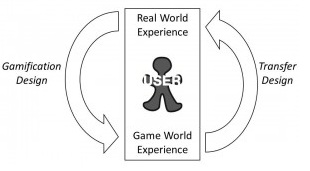 |
Featured Projects
G-motive
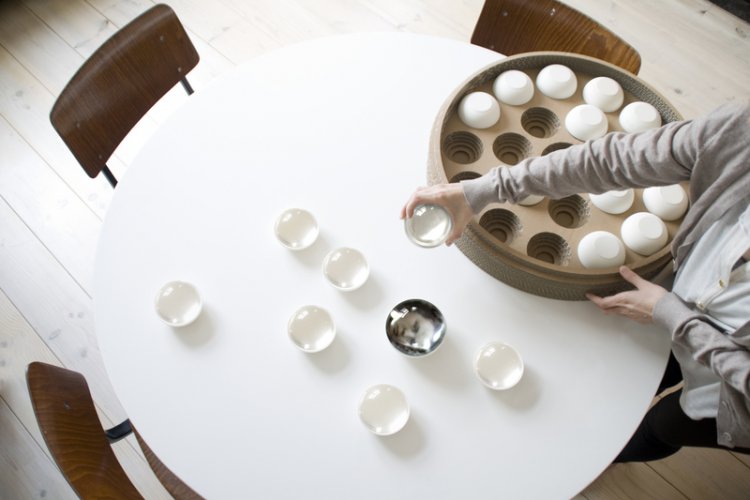
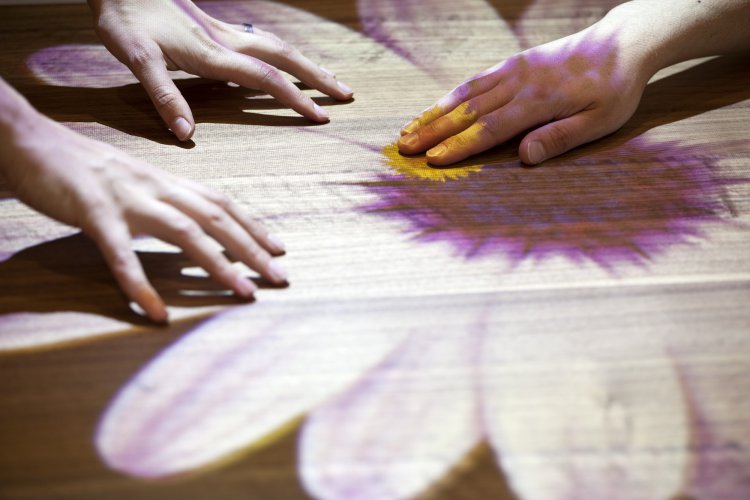
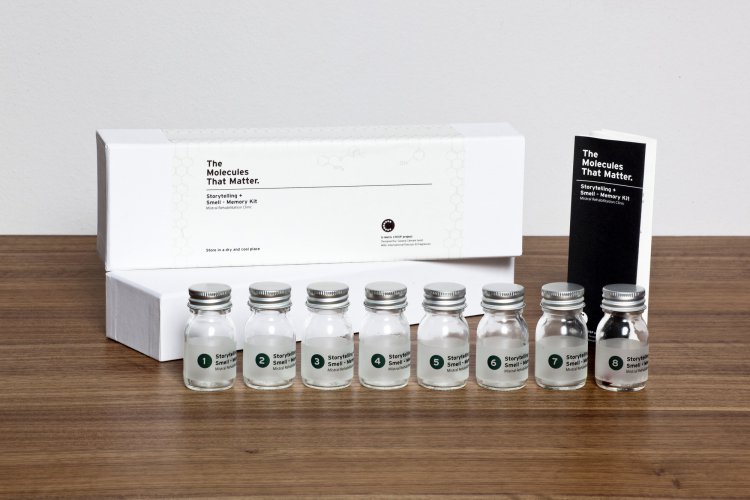
G-Motiv: Designing Motivation – Changing Human Behaviour Using Game-Elements (2011-2015) is a project that conducts research and prototype development on persuasive game design. Its multidisciplinary team of scientists and designers work on developing product service system (PSS) prototypes in the domain of social, physical and mental healthcare. The G-Motiv team is established from 3 universities, 5 creative partners, and 3 service providers who are working together to answer the question: How can game elements affect user motivation for behavioural change? We conducted research on motivational effects of rewards, on collaborative vs. competitive behavior, on neuropsychological constraints to game-elements, on motivational warming-ups, on motivational chance, etc.
In addition to scientific knowledge on the effect of game-elements, we aim to develop design guideline for persuasive game design. Our knowledge is applied in developed prototypes for behavioral change, concerning therapy adherence for drug-addicted youth, physical activity for Alzheimer patients, and social relatedness for employees.
Scientific partners: Delft University of Technology, University of Amsterdam, and the Vrije Universiteit.
Creative partners: Design Academy Eindhoven, Monobanda, IJsfontein, RANJ, Novay
Service Providers: Berenschot, Careijn, Humanitas, Parnassia PARC Brijder
For more information, see: G-motive Website
Next Level Project
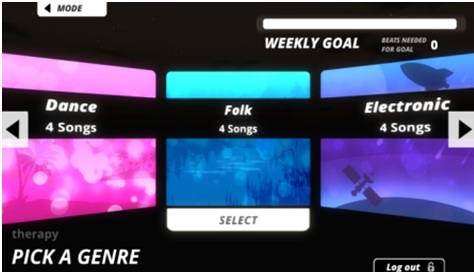
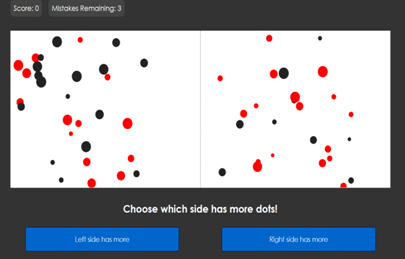
The NextLevel project (2014-2018) will generate generic game design principles for gamification of mental health interventions. These design principles will be derived from gamifications of a set of six interventions. To ensure the generic applicability of the game design principles, the effect of the gamifications are tested by means of RCTs on a) the two main classes of intervention type that are in use in e-health (i.e. cognitive training and cognitive behavioural therapy), b) the two main categories of patient disorders (i.e. externalizing and internalizing disorders), and c) single patient factors (i.e. comorbidity, context of use, and treatment context). The RCTs will compare the effect of the gamified interventions versus the non-gamified interventions and critically test the expected incremental effect of gamification on the clinical effectiveness of the intervention and on the patient’s performance and experience. Knowledge of the incremental effect of gamification is mental healthcare is often assumed but almost never proved. Summarized, NextLevel will increase the value of serious game design for mental healthcare by obtaining validation effects of gamification, by presenting game design principles, and by providing guidelines for implementation.
Partners: TU Delft (Valentijn Visch (projectleader), Richard Goosens); UvA (Reinout Wiers, Pier Prins, Elske Salemink); RANJ (Michael Bas); PARC Brijder (Renske Spijkerman, Vincent Hendriks); PsyQ (Kees Korrelboom)
For more information, see: Next Level Website